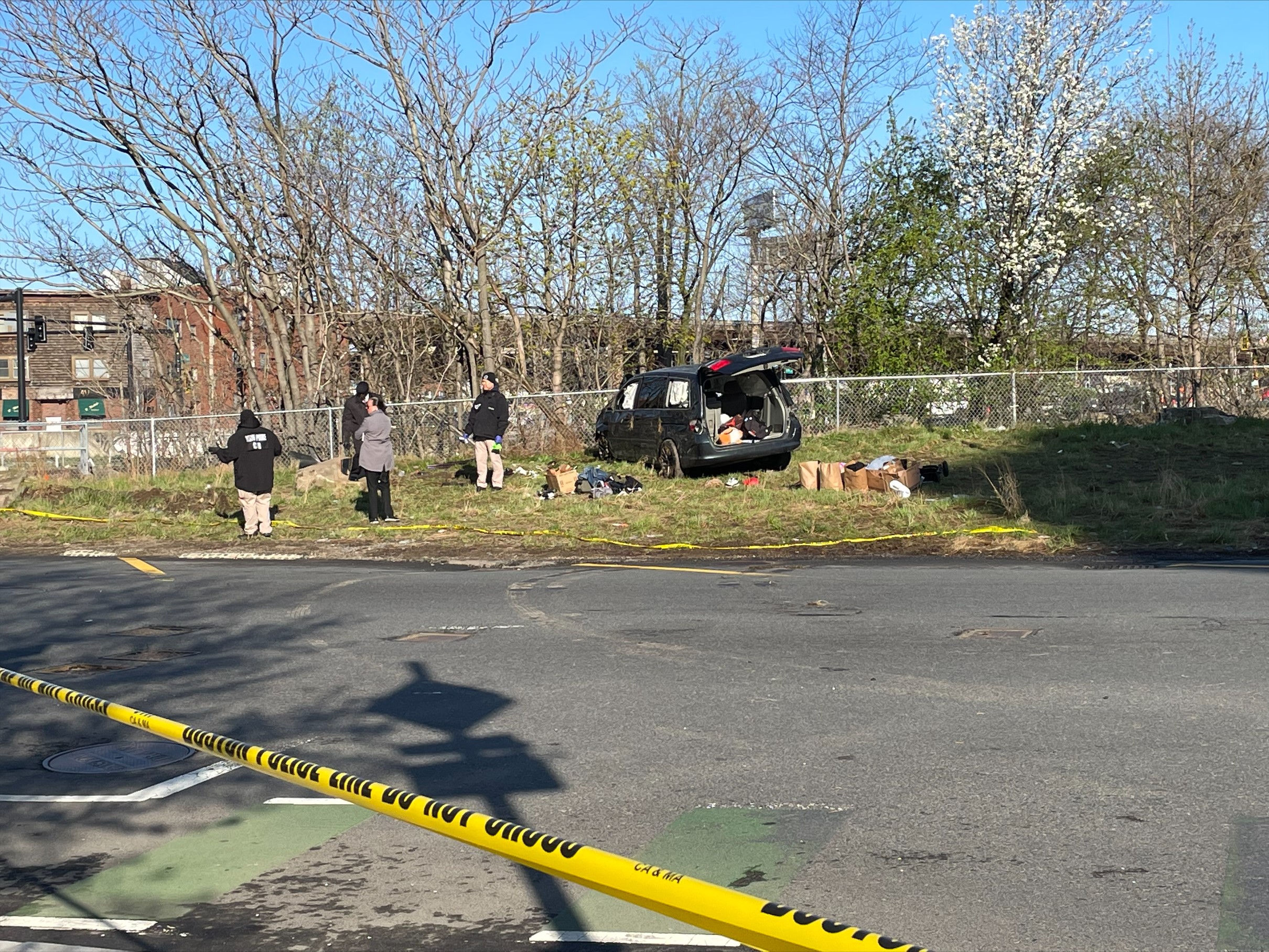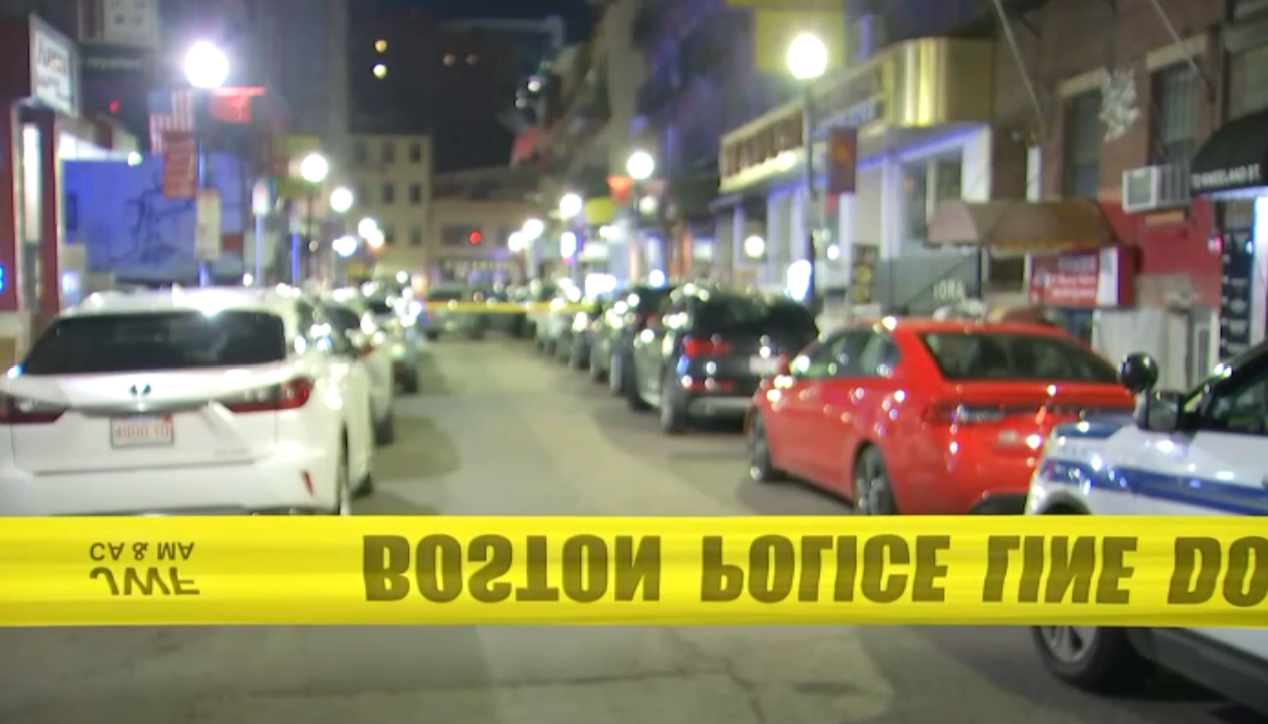A violent encounter on the streets of Boston's Chinatown neighborhood over the weekend ended in barrage of gunfire, leaving two men suffering from life-threatening injuries and prompting community leaders to hold a meeting to address recent violence in the area.
The shooting early Sunday morning, which also led to a car chase, marked the second violent incident in Chinatown within a week.
WATCH ANYTIME FOR FREE
Stream NBC10 Boston news for free, 24/7, wherever you are. |
On April 11, police officers opened fire on three suspects after investigators said they refused to get out of an SUV and then tried to run over the officers.
More on these incidents
Get updates on what's happening in Boston to your inbox. Sign up for our News Headlines newsletter.
During a virtual meeting Tuesday evening, community members and elected officials discussed concerns for the safety of residents and businesses.
"I think is that for these two weeks, the people coming in are less," said Chinatown Business Association President Theresa Tsoi. "So I think this is very serious."
Residents believe the wrong crowds are showing up to Chinatown, attracted by establishments that stay open late.
"You get people from other parts of the city, and other places outside of Boston, come in, go to the clubs, come out at 2 a.m. and come into Chinatown and cause trouble. We've tried to prevent that," said Chinatown Resident Association Arturo Tossage. "We've asked for people not to allow this to happen."
To remedy the issue, police are increasing their presence between midnight and 4 a.m.
"We'll have two officers assigned on a fixed post to the Chinatown Gate/Beach Street area, and something new: we're going to have four officers on bicycles," noted Boston Police Captain Robert Ciccolo.
Boston City Council President Ed Flynn, who represents Chinatown and called for more police resources there after this weekend's violence, wants to strike a balance between businesses and residents.
"What's important now is that we come together to provide the public safety resources in Chinatown to make sure it's a safe neighborhood for everybody. For people who like to go to the restaurants, but also for the residents, as well," he said.
Mayor Michelle Wu's office said it would also consider Chinese interpreters for 911 calls, installing more street lights and adding more video surveillance in the area.
Before the meeting, some in Chinatown pointed out that the city often holds such discussions on issues, but rarely acts.
"Every time something like this happens, there's a meeting," said Suzanne Lee, a longtime resident who serves as president emeritus of the Chinese Progressive Association. "What are the follow-throughs? Is city government going to be able to follow through everything they always promise?"
Lee also expressed frustration that the crimes rarely involve Chinatown or even Boston residents, but still fuel racist attitudes toward Asian Americans.
"It adds to the perception of anti-Asian violence," she said.



